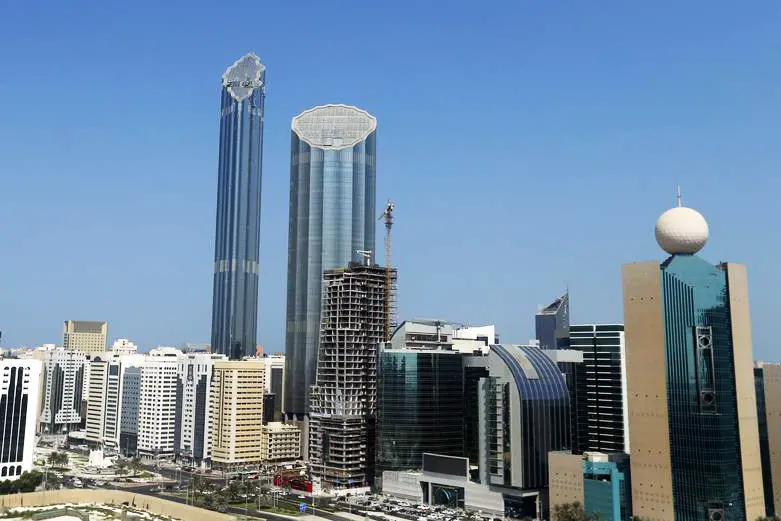PHOTO
Abu Dhabi Fund for Development (ADFD) announced that it financed 11 development projects worth AED1.4 billion in 2017, benefiting nine developing countries.
Totalling more than AED 646 million, four of the 11 projects were allocated as concessionary loans to Egypt, Antigua and Barbuda and the Maldives, whereas the remaining seven projects were funded via development grants amounting to AED 754 million, aiding Colombia, Yemen, Comoros, Eritrea, Somalia, Palestine and Maldives. This brings ADFD’s total cumulative development expenditure and investments as of end-2017 to AED 83 billion—an AED3 billion increase over 2016—and expands ADFD’s reach to 88 beneficiary countries.
HH Sheikh Mansour bin Zayed Al Nahyan, Deputy Prime Minister, Minister of Presidential Affairs and Chairman of ADFD’s Board of Directors said that over the years, the UAE has actively supported socio-economic development projects in more than 140 countries across the world. He added that the nation’s leadership views development assistance as a precious legacy handed down by the founding father of the UAE, late Sheikh Zayed bin Sultan Al Nahyan.
He stressed that these initiatives shape the vision of ADFD, pointing out that since its inception in 1971, the Fund has enabled 88 developing countries to pursue their economic growth priorities and improve the standards of living for their people.
As part of its overarching commitment to supporting crucial renewable energy projects that ensure a reliable and sustainable power supply, ADFD continued to fund efforts in this vital sector. In collaboration with the International Renewable Energy Agency (IRENA) within the framework of the IRENA/ADFD Project Facility, the Fund allocated $25 million for two new renewable energy projects in 2017. Over the past five funding cycles of the facility, ADFD financed 21 projects in 20 developing countries valued at $214 million.
The fifth funding cycle projects aim to produce 18 megawatts of photovoltaic solar energy in Mauritius and Rwanda, bringing about a significant change in the lives of more than 2.5 million people through providing affordable energy to low-income communities. These projects are expected to stimulate sustainable development through driving economic growth, reducing environmental pollution by mitigating harmful CO2 emissions, and improving the quality of life, education and healthcare for the local population.
In addition, following on the success of the UAE-Pacific Partnership Fund (UAE-PPF), the UAE announced the launch of a new initiative to implement innovative clean energy solutions in the Caribbean island countries. Through the newly established $50 million UAE-Caribbean Renewable Energy Fund (UAE-CREF), ADFD approved the financing of five renewable energy projects worth $15 million.
In 2017, ADFD also commissioned the Korea Development Institute (KDI), a leading Korean think tank, to run a feasibility study investigating the need for a UAE-based export programme in line with the highest international standards. The programme aims to support the goals of the UAE Vision 2021 of diversifying the economy, reducing dependence on oil revenues, and preparing the country for the post-oil era. Furthermore, it will align with the objectives of the Abu Dhabi Economic Vision 2030 that seeks to advance sustainable socio-economic development.
ADFD holds various investments, including direct investments, in select companies in several countries, and manages available liquidity to support financial obligations. These investments indirectly contribute to accelerating economic growth in the beneficiary countries, optimising the Fund’s resources in the long term.
In 2017, following ADNOC Distribution’s listing on the Abu Dhabi Securities Exchange (ADX), ADFD invested in the petroleum products and services company, bringing the Fund’s total equity investments to 15 companies and four private equity funds.
© 2018 CPI Financial. All rights reserved. Provided by SyndiGate Media Inc. (Syndigate.info).





















